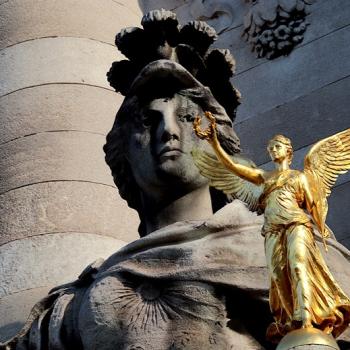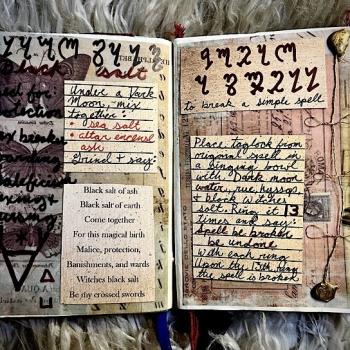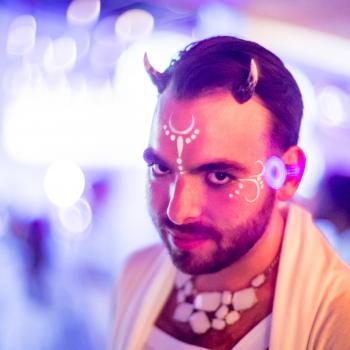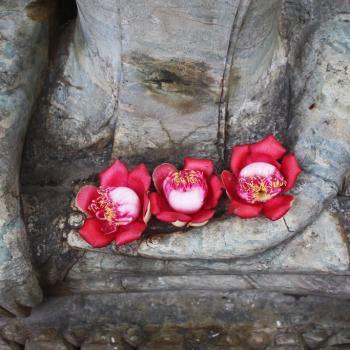It astounds me how often I have this conversation on consent. Not because I think it should all be magically (heh) solved after just one, but because the topic crops up everywhere I go. No matter if I’m in professional author spaces, geek celebration spaces, leave-me-alone-I-am-writing-in-public spaces, sporty spaces, or—as I turn ever witchward—pagan and p-word spaces. The same subject ends up being a cornerstone of every community.
The details vary greatly, and many might argue that comparing communities is like comparing apples to oranges to bananas. To which I say two things:
1: The topic of safe spaces is universal and vitally important to the growth of any community;
2: Apples, oranges, and bananas are all fruit. Deal with it.
So why the aggressive title? Because I am desperately trying to get your attention. Will you hear me out?
Galatea is Not a Default Setting
It seems as if everywhere I go, women and femmes are being held to a desperate standard without our consent. It’s a toxic one, to be sure, and it’s prevalent, but it isn’t a one size fits all. Scarlet Magdalene of Tea Addicted Witch wrote this about toxic objectification in paganism:
The constant putting up women on altars and pedestals, even having them as the altars, the romanticizing and fetishizing of the divine feminine as being the pinnacle of ultimate receptiveness with zero boundaries and something any woman should aspire to attain to–none of it is healthy. None of it provides a safe atmosphere for women, and all of it is attention we absolutely do not want, especially coupled with sexual harassment and a total inability to regard our “No, I’m not interested” as being sacrosanct. (Scarlet Magdalene; The Toxicity Of Objectifying Women In the Craft And Other Occult Trads)
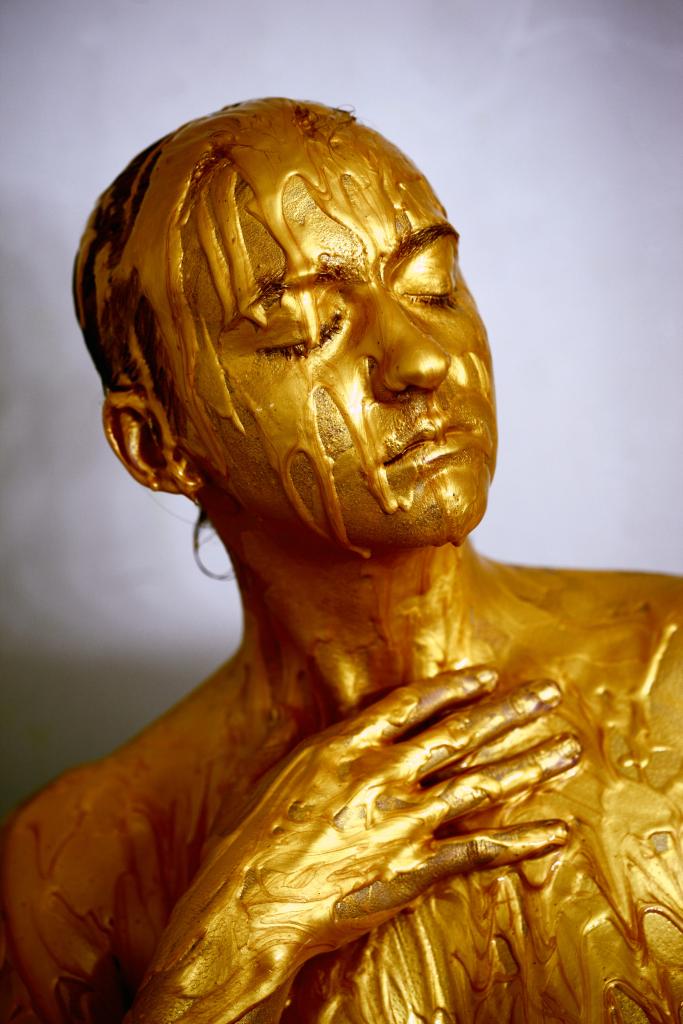
This is not an issue unique to paganism. There are many communities where women and femmes are considered to be there for the accessorizing or agency of men. In my experience, I have seen it most intimately in the writing industries and the gaming industries. But most apt to this discussion is the geek community, where cosplay relates to the concept of embodying a divine goddess.
For those who don’t know, cosplay is when one dresses up as their favorite character (or carpet). Unsurprisingly, many of these cosplayers are femmes who enjoy embodying sexy, powerful, heroic characters. And as has been shown over and over, these women are routinely harassed by the transgressors who occupy those geek spaces.
The theories on why are many and varied, with the bottom line running something like this: the default setting of society is male-focused; women who dress up as embodiments of sexual beings are meant to be idolized and “claimed”; men who grow up in this toxic masculinity culture (that is, damn near all of them) are raised to believe all women are made to be less than men. And powerful women, subconsciously eager to be “equal”, maintain that status quo.
And what is less than is made to appease those more powerful—even if it is ignored or discarded along the way.
What’s even worse than that is how white women are still considered more than people of color. I am not qualified to speak to anything but my experiences, but don’t think this ends with me. I am just the very white tip of an iceberg.
The Idolatry of a Goddess
The thing about gods and goddesses (and other such archetypes) is that they are meant to be worshipped. (Or, in the case of witches along the ages, both revered and feared.) In the western world, from the Tuatha de Danaan to the Greco-Roman pantheons to the Norse and early Germanic gods to Christianity, the concept of the female has been told and retold and magnified and reconfigured through the lens of men that came to dominate all aspects of society. What was once common—genderqueer and queer deities, frex—has been watered down to a footnote in scholarly writings.
And what became more commonplace among male-centric writings was the abject ownership of the female divine.
- The Rape of Proserpina;
- Ovid’s tale of Medusa, who was a virginal priestess in Athena’s temple before she was raped by Poseidon (better yet, in a fury for the girl’s transgression in her temple, she turned the priestess into the gorgon we know);
- Mary, the virgin inseminated without consent;
- Mary Magdalene, the whore who achieved sainthood after walling herself up in a cave and praying herself to death…
The list is so, so, so much longer, but what it teaches us lingers:
No matter how I feel about it, I am to be envisioned as what somebody else wants. And this is happening to pagan women specifically because of the divine worship associated with the community. Our historical examples are not all great.





